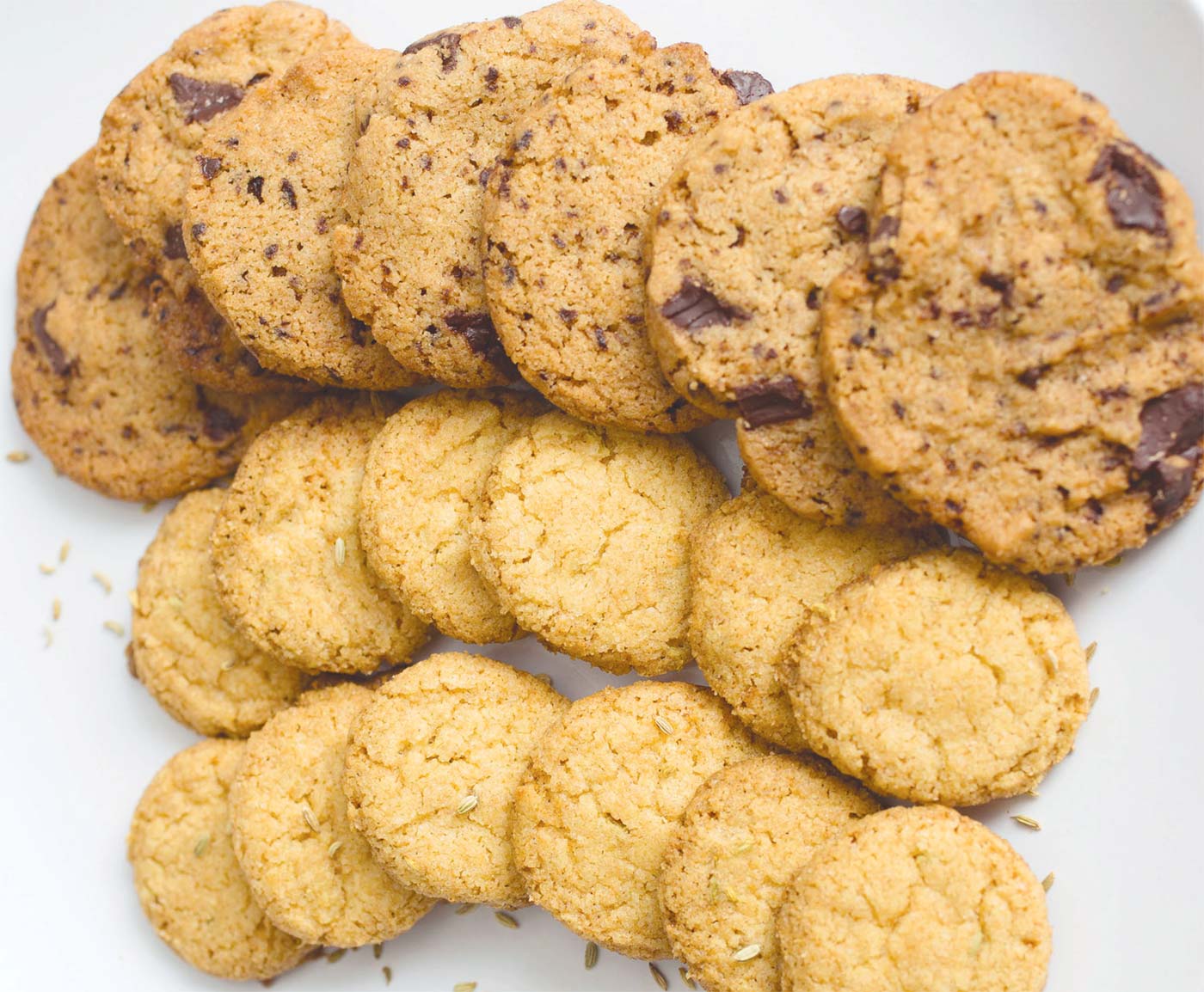The Battle to Legalize the Sale of Home-Baked Goods in New Jersey
New Jersey home bakers scored a big win in October when the state lifted its long-running ban on the sale of home baked goods. Until then, the Garden State held the dubious distinction of being the last state in the US to prohibit small-business owners from selling cakes, cookies, and other goods baked in their home kitchens. Instead, entrepreneurial bakers were required to rent or build a commercial kitchen, pay multiple fees, and adhere to an extensive list of regulations—all barriers for many fledgling businesses. Offenders risked fines of up to $1,000.
The battle to legalize the sale of home-baked goods, often referred to as “cottage food” products, has lasted more than a decade, led by a coalition that came to be known as the New Jersey Home Bakers Association in 2011. The association now has hundreds of members and more than 7,000 online followers.
As the fight wound its way through the statehouse and courthouse, apprehensions about food safety and the need to protect commercial bakers from competition were cited by some legislators as reasons for keeping the ban in place.
“The volume you produce in a commercial kitchen is never going to be the same as what you produce in a home kitchen, so I’ve always felt that competition is not a real issue,” countered Martha Rabello of Fanwood, one of the NJHBA founders, to Edible Jersey in 2019 (“Home Bakers Unite,” Spring 2019). She and the Institute for Justice, the nonprofit organization that represented the bakers in the 2017 lawsuit that eventually led to the ban’s removal, also confirmed at the time that there had not been any documented cases of health concerns with home-baked goods anywhere in the country.
Cottage foods that can now be produced in home kitchens for sale under the new guidelines include baked goods, jams and jellies, dried herbs, dried pasta, fudge, and granola. Products can be sold at farmers’ markets, events, from home, online and via mail delivery.
Despite the good news, expect further advocacy action soon. The new legislation stipulates that NJ home bakers can earn up to $50,000 in gross annual sales. Over 35 states already allow either a higher revenue cap or no sales cap at all.
For now, though, the association and its members are enjoying the sweetness of the moment.
“Congratulations, New Jersey home bakers!!!,” proclaimed the New Jersey Bakers Association on its Facebook page the day of the announcement. “You are all now free to pursue your 100% LEGAL cottage food dreams!”
- For more information and to download permit applications, visit njhomebakers.org.





